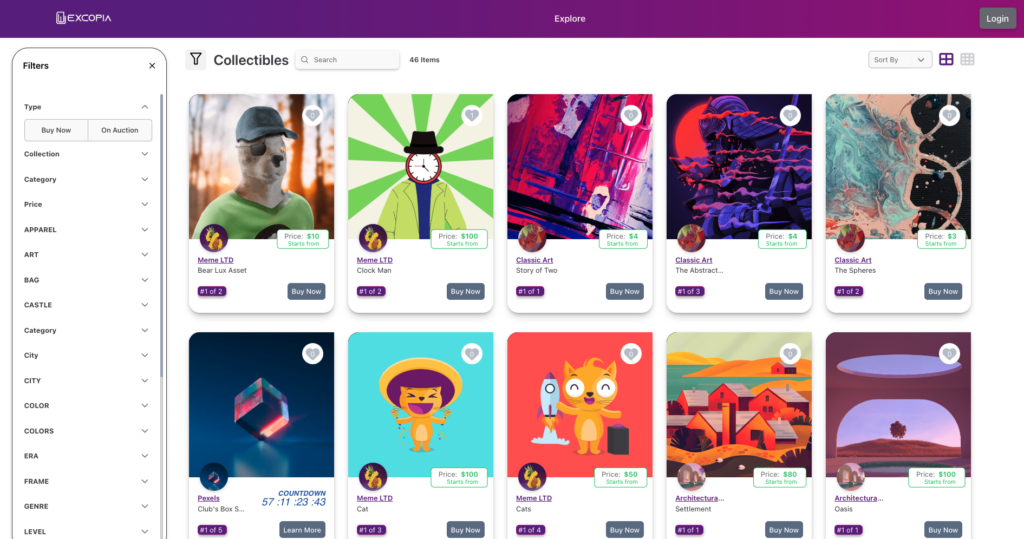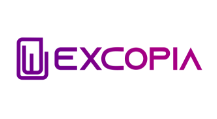Over the last 18 months, NFTs have emerged as a new and exciting way for artists to monetize their work. Unfortunately, taking advantage of NFTs isn’t as simple as uploading your work to a traditional photo-sharing site.
Instead, selling NFTs requires creating a digital, white label NFT marketplace that’s integrated with the blockchain, utilizes smart contracts, and is easily accessible by potential customers.
Here’s your chance to get the inside scoop – continue reading below for your introduction to a white label NFT marketplace.
Reducing Capital Investment
In the early days of NFTs, this meant working with a developer to custom-code the marketplace and website. A process that, in many cases, costs tens of thousands of dollars.
Fast forward to today, and there are now white label solutions artists (and the executives that manage them) can use to launch an NFT marketplace faster and with less upfront capital investment.
So, in this post, we’ll discuss the top white label NFT marketplace solutions, the roadmap for launching one, and how you can launch your own NFT marketplace fast.
What Is a White Label NFT Marketplace
While applying the concept to NFTs is quite new, digital white label solutions have existed for decades.
From WordPress (blogging) to Shopify (eCommerce), a white label solution is fully functional, can be deployed quickly, and requires little customization.
This is particularly relevant to NFTs, which unlike blogs or virtual stores, must be integrated with the blockchain.
Similar to the HTML and Java code behind many of today’s top websites, smart contracts and the blockchain applications (dApps) that interact with them have their own computer coding language. The most popular is Solidity, the programming language used in Ethereum smart contracts.

Programming on the Blockchain
Because of this, most any NFT marketplace – white label or otherwise – will rely on Solidity for its smart contract functionality. The exception here would be a marketplace launched on the Solana blockchain, which instead of Solidity, uses the Rust programming language.
Regardless of which chain one chooses to launch a white label NFT marketplace on, there are two core components to a white label solution.
First, it must integrate with the blockchain, as discussed above. Second, it must allow consumers to buy and sell NFTs with ease.
To achieve this, developers must configure the website’s user interface to be easy to use and connect to the consumer’s decentralized wallet (where the NFT itself is purchased, sold, and stored long-term).
The Roadmap for Launching an NFT Marketplace
Fortunately for artists, a high-quality white label solution will handle all of the above (and more) with ease.
In particular, here are the steps involved in launching a white label NFT marketplace:
- Purchase a website domain
- Integrate the website domain with the white label solution
- Decide on which blockchain the marketplace will utilize
- Deploy the marketplace (developer will handle this)
- Custom configure the marketplace using the white label solution’s User Interface (no custom coding required)
- Upload the art to be used in the NFTs
- Configure any bonuses, additional content, etc. to be included in the NFT (consumers will gain access to this via their decentralized wallet once the purchase has been made)
- If creating a collection where some pieces will be of higher value / rarer than others, configure these details into each specific NFT (optional)
- Set the price of each NFT using the blockchain’s respective cryptocurrency token
- Finalize the NFTs for launch (a process known as Minting)
- Open the marketplace to the public
- Begin selling the NFTs
Admittedly, this is a simplified roadmap.
Depending on the artist’s requirements, custom coding of the website may be required. This is particularly true if the artist desires a website design style not available as part of the white label solution’s default options.
How to Launch Your Own White Label NFT Marketplace in Minutes
While the process of launching an NFT marketplace may sound intimidating, a high-quality white label solution will simplify the process dramatically.
In fact, similar to how a Shopify store can be launched in a matter of minutes with a few clicks of a button, the same can be said for launching an NFT marketplace.
The key to getting up and running quickly is to find a provider that has a proven track record of rapidly deploying marketplaces. Further, you’ll want to look for a platform that offers extensive website customization options. That way, you can customize the website to your liking without investing in custom coding.
Protecting Your Intellectual Property
Further, one of the tenets of Web3 projects (crypto, NFTs, etc.) is that they’re open-source. In particular, their smart contracts are available for the public to read and analyze.
While this openness may be appropriate for public projects holding billions of dollars, the downside is that anyone can copy/paste a smart contract and clone a project in minutes.
Because of that, you should consider working with a developer whose work cannot be duplicated on the blockchain. In doing so, you can prevent both copycats and prevent competitors from stealing your smart contract.
Blockchain Integration
Last, you’ll want to ensure the solution you decide on integrates with the blockchain you’ve chosen for your NFT collection.
For example, you may find a provider whose website templates you love. But if their solution doesn’t integrate with the Solana blockchain, and you want to launch on Solana, their services won’t be of much use to you.
Launch Your White Label NFT Marketplace with Excopia
Launching a white label NFT marketplace can be an intimidating endeavor.
With that said, white label solutions have made it easier than ever for artists (and the executives that manage them) to begin selling NFTs for a fraction of what it would have cost just 18 short months ago.
Further, as more and more developers learn languages like Solidity and Rust, it’s safe to assume white label solutions will continue to evolve towards easier adoption and more visually impressive aesthetic options.
Looking to launch your own NFT Marketplace? Contact us to learn more about Excopia’s proven white label solutions!

